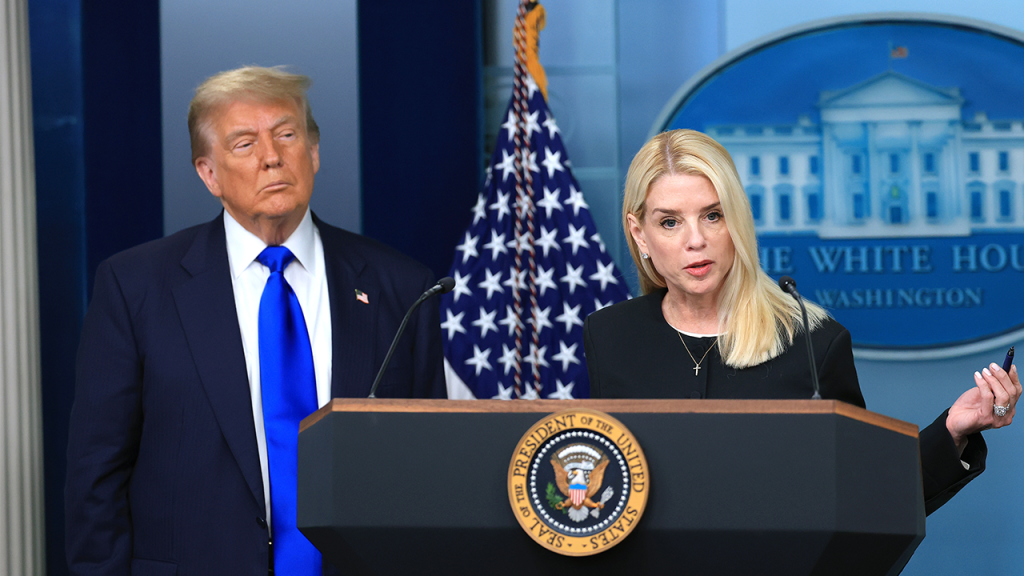DOJ Calls on Citizens to Report Visa Practices That May Harm American Workers
The Department of Justice has launched an initiative encouraging Americans to report potentially discriminatory job advertisements and hiring practices that favor foreign workers over U.S. citizens. This move comes as part of a broader effort to ensure employment fairness while also addressing concerns about human trafficking related to temporary visa programs. The initiative reflects growing tensions around immigration and labor policies that have become increasingly politicized in recent years.
Harmeet Dhillon, assistant attorney general for civil rights at the DOJ, took to social media to publicize this reporting mechanism, specifically mentioning H-1B visas as an area of concern. “Are you an American citizen who has been harmed by inappropriate preferences for foreign workers?” Dhillon asked on X (formerly Twitter), directing people to a reporting link. The DOJ is specifically targeting job advertisements that explicitly state preferences for workers on seasonal or H-1B visas, considering such practices potentially discriminatory against American workers. This reporting system is also designed to collect information about possible human trafficking violations connected to temporary visa programs, suggesting the department is taking a comprehensive approach to addressing issues within the immigration employment system.
The H-1B visa program has become a flashpoint in debates about American employment and immigration policy. These visas are primarily intended for skilled workers in specialized fields including engineering, mathematics, physical sciences, medicine, business, law, and the arts. While supporters argue these visas bring valuable talent to the United States, critics like Senator Bernie Sanders have described the program as replacing “good-paying American jobs with low-wage indentured servants from abroad.” The program’s quota of 65,000 standard visas and 20,000 additional visas for those with advanced degrees for fiscal year 2026 has already reached its limit, according to U.S. Citizenship and Immigration Services, indicating the program’s continued popularity among employers despite the controversy.
Critics of the current visa system, including Florida Governor Ron DeSantis, have become increasingly vocal about what they see as systematic problems. DeSantis recently called the H-1B program “a total scam” during a Fox News interview, claiming that companies “game the system” by laying off American workers while simultaneously bringing in foreign workers on these visas. He also challenged the notion that the program primarily attracts “the cream of the crop” from around the world, pointing out that most H-1B visa holders come from India and suggesting there’s “a cottage industry” profiting from this arrangement. These criticisms reflect broader concerns about whether the program truly addresses skills gaps in the American workforce or simply provides a means for companies to reduce labor costs.
The DOJ’s initiative comes amid a larger overhaul of visa policies under the Trump administration, which has implemented a comprehensive review of all 55 million visas currently issued to ensure compliance with U.S. laws. According to a State Department spokesperson, this “continuous vetting” applies to all foreign nationals holding valid U.S. visas and could result in visa revocation for various infractions including overstays, criminal activity, public safety threats, or any connection to terrorist activities or organizations. This sweeping review reflects the administration’s prioritization of national security and immigration enforcement as central policy concerns.
The debate around visa programs highlights fundamental tensions in American immigration policy between economic interests, worker protections, and national security considerations. Proponents of visa programs argue they fill crucial skills gaps and contribute to economic growth, while critics maintain they undermine opportunities for American workers and can be exploited for labor abuses. The DOJ’s call for citizens to report potential abuses represents an attempt to address these concerns through enforcement actions, but also signals how deeply politicized immigration policy has become. As visa reform continues to evolve, the balance between welcoming foreign talent and protecting domestic workers remains a challenging policy question with significant implications for the American economy and workforce.


